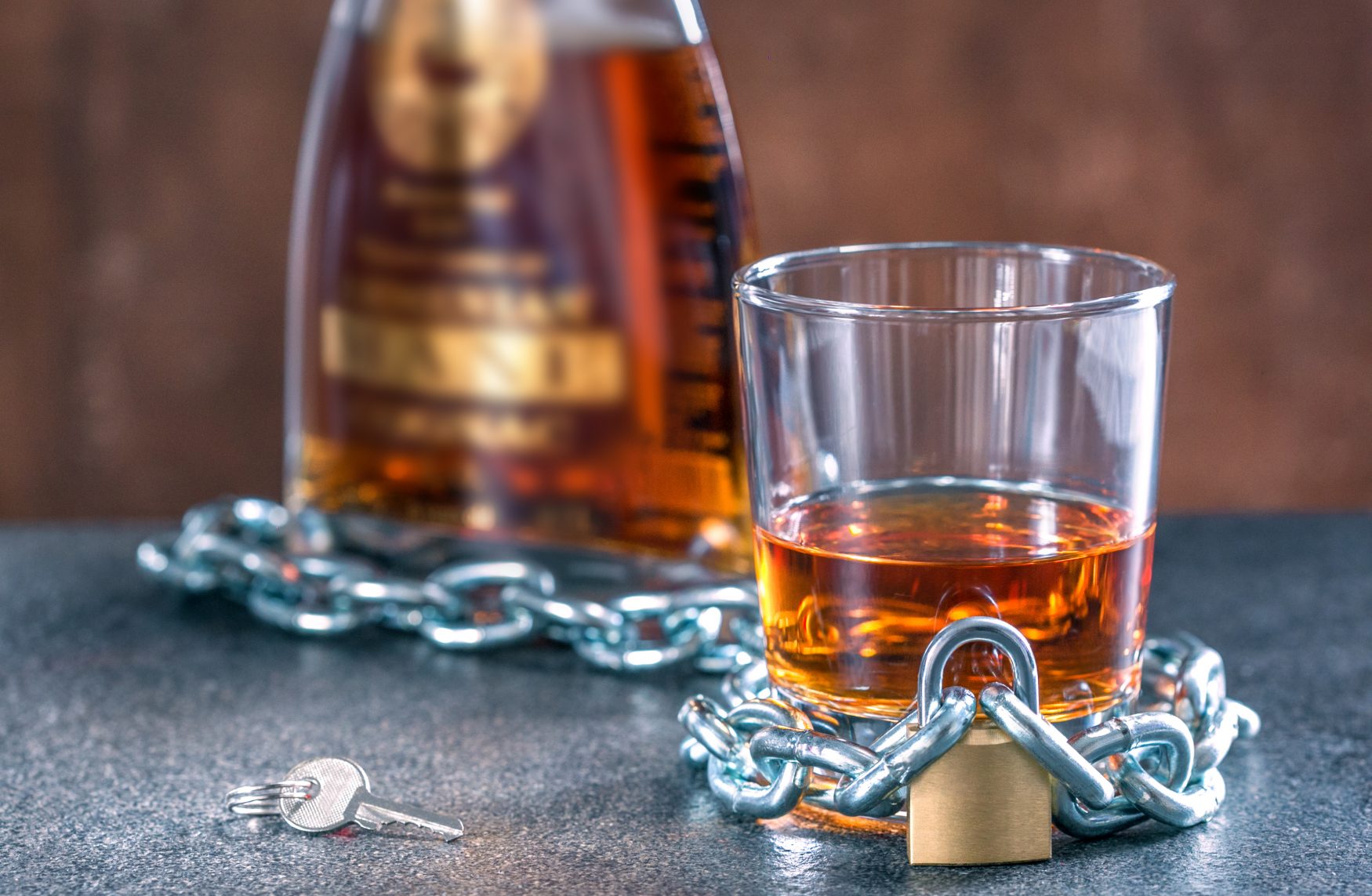
18th Amendment to the US Constitution
The 18th Amendment to the US Constitution Was a Failure and Was Repealed, So Why Have Feds Re-instituted it?
The 18th amendment to the US Constitution had a way of resurrecting itself from the grave.
Many Americans know that ”Prohibition” was the time in our history, during the early 1900s, when alcohol was prohibited in this country.
Prohibition came about because of the 18th Amendment to the US Constitution, which made the manufacture, distribution, and sale of intoxicating liquors illegal.
Ratified by 36 of the 48 states in the Union in 1919, the amendment took affect one year later and laws were passed to enforce it.
The amendment itself was extraordinary for two reasons (besides its focus on the prohibition of alcohol).
The second section of the amendment gave the power of enforcement specifically to the Congress and the several States; normally, amendments would only give power of legislation to Congress.
The third section held a ”sunset provision” requiring that the proposal of the amendment be discarded should it fail to be ratified within seven years of its submission to the States.
The second section was notable because of its unusual declaration of enforcement power to the Congress (federal government), while the third section was unusual as this was the first amendment proposal to include ”sunset” language.
The validity of the latter was challenged in a Supreme Court case in 1921 (Dillon v. Gloss) and the Supreme Court ruled that the deadline was Constitutional.
What Prohibition Meant to Americans
The creation of prohibition from the 18th amendment to the US Constitution, of course, led to many Americans (a large portion of which imbibed alcohol) to seeks ways to bypass the new laws.
This led to an underground economy and to the rise of the criminal enterprise now known as gangsters (or the mafia).
Bootlegging, the illegal trafficking of alcohol, and the creation of ”speakeasy’s” all led to the growth of the underground economy centered on alcohol.
While the profits were high, so were the risks, but risks with such huge rewards will usually attract the risk takers.
Since the enterprise was now criminal, the risk-takers were usually of the criminal element.
The staking out of territory for alcohol smuggling and sales eventually led to conflict between ”dealers’ (gangsters).
This meant warfare, usually in the form of assassinations, hijackings, and other violent acts.
This, of course, led to criminal problems that the governments of the various States had to deal with.
The Rise of the Treasury Gangsters
Meanwhile, agents of the Treasury Department, newly empowered with the ability to act as law enforcement under the shaky premise that interstate trafficking in illegal alcohol fell under federal jurisdiction, began working against the gangsters. So the Bureau of Alcohol, Tobacco and Firearms was born.
During all of this, of course, all involved flourished, except for the customers who wished to purchase alcohol.
The Treasury Department saw unprecedented growth in its ”law enforcement” arm while local and state level police forces also grew quickly.
The gangsters themselves were also growing at a huge rate and expanding into new ”markets” for their criminal enterprise.
The three fed off one another as well as their clientele, the American people, whether it be alcohol drinkers, taxpayers, or those who suffered the injustices that went along with the various raids, shootings, and other activities surrounding prohibition.
The New Prohibition in America
If all of this sounds familiar to you, it’s because the same thing happens today, in our modern America, and required no Constitutional amendment like the 18th Amendment to the US Constitution.
The current prohibition enterprise by gangsters, the federal government, and State and local law enforcement is known as the ”War on Drugs”.
Just like Prohibition failed to curb or even lower alcohol use in this country, so has the War on Drugs failed to curb or lower illicit drug use in this country.
The 18th Amendment to the US Constitution was eventually repealed with the passage of the 21st Amendment in 1933. No such good news for the War on Drugs.

 My First Amazing Ayahuasca Experience
My First Amazing Ayahuasca Experience  Pine Needle Tea
Pine Needle Tea  The REAL Controllers of Humanity: The Papal Bloodlines
The REAL Controllers of Humanity: The Papal Bloodlines  Is it Global Warming or Cooling?
Is it Global Warming or Cooling?  Gun Rights and Obama Examined
Gun Rights and Obama Examined